Metaphors enliven language. They transform what is boring into something vivid, visual, and alive!
Creative minds use metaphors to make the ordinary strange and the strange ordinary. In this way, we are able to see the meaning within otherwise complex thoughts.
Ordinary language can force someone to use too many words; metaphors are able to express maximum meaning via minimum words.
Metaphors help you see pictures in your mind so that you can understand something quickly. For example, if you were to say:

“School is Hell!”
your listeners interpret your words in diverse ways: that your school is run by The Devil, or that life in school is burning hot, or that you are perpetually in hot water, or that there’s no fun there, only suffering, and so on.
When you can’t find easy words to describe something, metaphors allow you to create new meanings from new feelings, thoughts, things, experiences, and relationships.
Aristotle (384-322 BC), the great Greek philosopher stated in Poetics:
“The greatest thing by far is to be a master of metaphor.”
Children constantly use stories to build up theories…they use metaphor and analogy to make intellectual leaps to explain phenomena in life...
[Excerpted from the 'Thinkerbelles' edition of The Ingenius Series of bookazines by Dilip Mukerjea. All the images in this post are the intellectual property of Dilip Mukerjea.]
Say Keng's personal comments:
Readers interested in exploring the power of metaphors should read the now classic, 'Metaphors We Live By', by George Lakoff & Mark Johnson.
In the words of the authors, "Metaphor is a fundamental mechanism of mind, one that allows us to use what we know about our physical and social experience to provide understanding of countless other subjects. Because such metaphors structure our most basic understandings of our experience, they are "metaphors we live by" - metaphors that can shape our perceptions and actions without our ever noticing them."
The use of metaphors & analogies is the hallmark of the proprietary Synectics group problem solving methodology. Readers can explore it further by reading the following excellent books:
- 'The Metaphorical Way of Learning & Knowing', by William Gordon;
- 'What Colour is Saturday? Using Analogies to Enhance Creative Thinking', by Jane McAuliffe;
[The foregoing two books are most likely to be out-of-print. Readers can try to search for them at abebooks &/or alibris.]



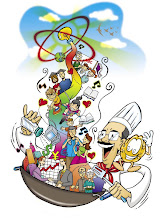
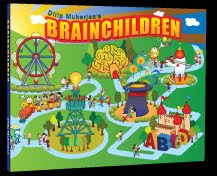



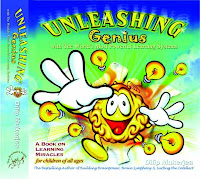
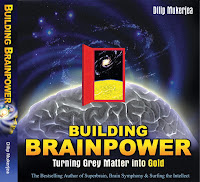
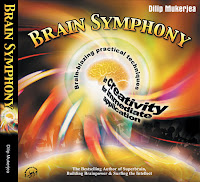





No comments:
Post a Comment